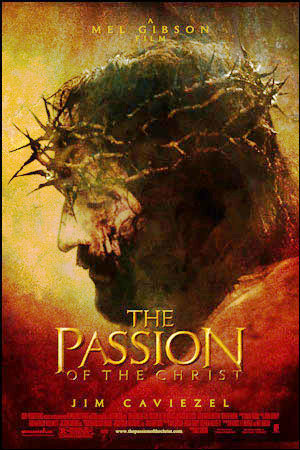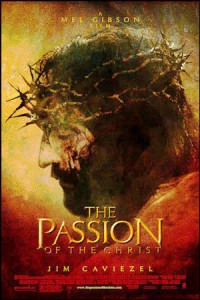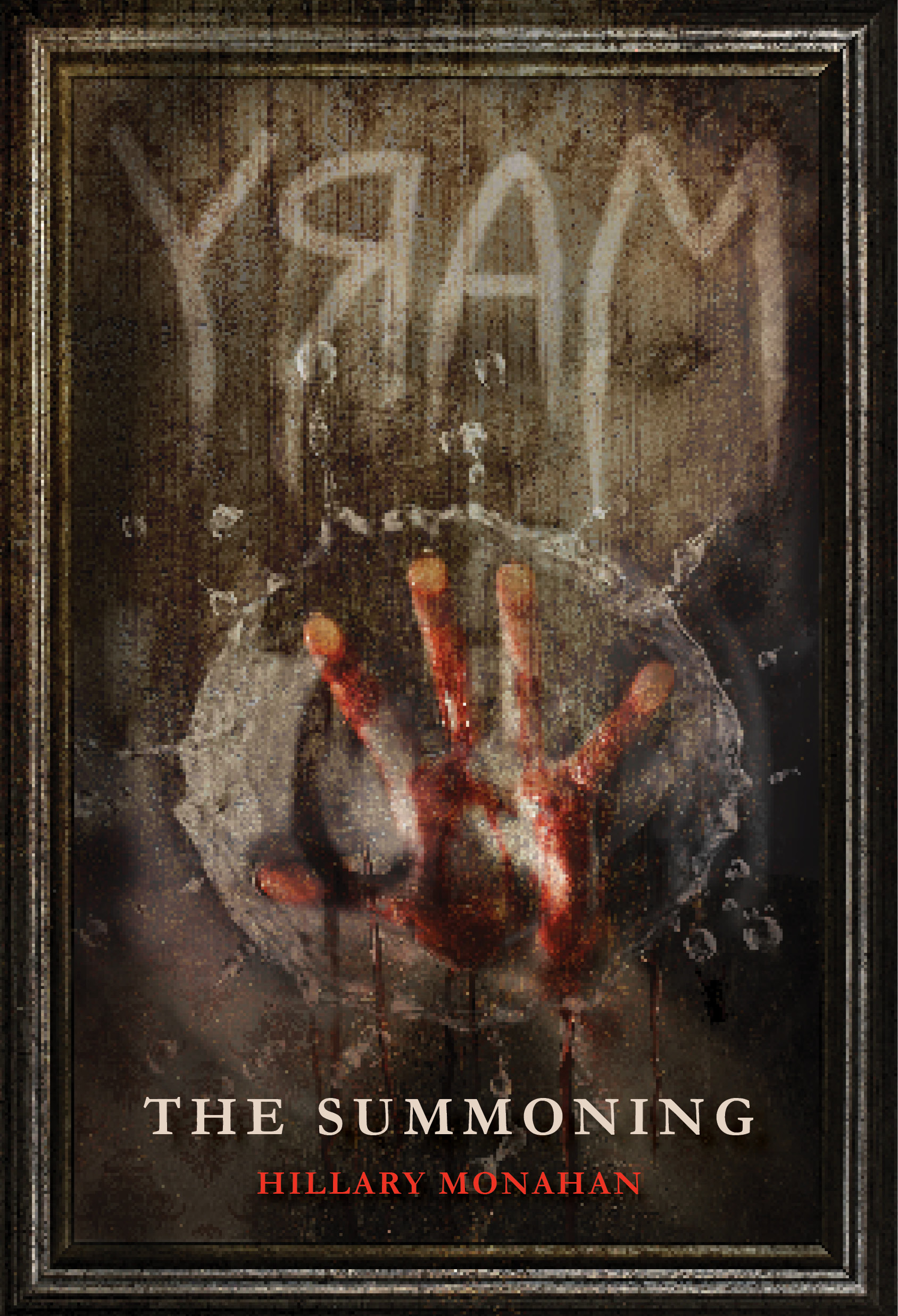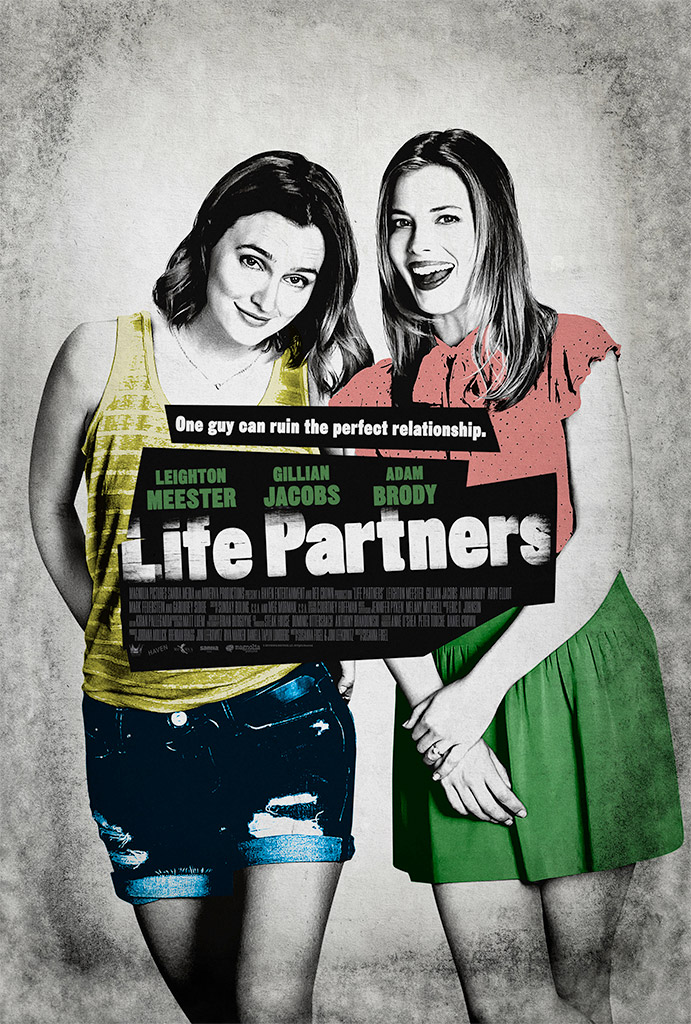By: Mike Strong
The most memorably controversial film of our time has to be Mel Gibson’s “The Passion of the Christ.” This film hit sensitive chords in both the Christian and the Jewish communities. The controversy stemmed from the film’s telling of Jesus’ final days on earth, which many claimed involved anti-Semitic depictions of Jewish leaders being to blame for Christ’s death. Although likely dramatized and overplayed in the media, there were reports of several theater viewers fainting during the film for various religious reasons. But like most of the films listed here, the controversy only served to push the film toward a grossing of $612 million worldwide.
- “The Last Temptation of Christ” (1988)
Famed director Martin Scorsese is no stranger to controversy with his films. Scorsese is typically known for being overtly violent and sexual to achieve storytelling goals. But with his cinematic adaptation of a 1953 novel by the name of “The Last Temptation of Christ,” Scorsese discovered a different type of negative feedback. Although he was still called out for incorporating unnecessary sexuality in the film, the majority of the backlash was due to the movie’s departures from the gospel narratives about Jesus Christ. There were numerous vocal protests and boycotts of the film surrounding its release, one involving a violent attack on a Parisian theater that was showing the film.
- “Innocence of Muslims” (2012)
Many KSU students likely remember this controversy quite well, as it was all over the news only two years ago. The film’s existence was only exposed to the world through two 14-minute trailers online. The offense it gave to Muslims was so strong that it led to riots around the world and lawsuits against its creators. Issue was taken with the film’s apparent depiction of the Prophet Muhammad. Trailers suggested that the film would imply that Muhammad was a pedophile, a murderer and a womanizer. What most of us likely saw were reports of the killing of four Americans in Benghazi during the violent protests against the film. In fact, there were over 50 deaths related to the riots. These clips can no longer be found online, as a federal court mandated that Google remove them from their YouTube database.
- “The Exorcist” (1973)
This 1973 horror flick had profound effects on both the religious community and film as a whole. The main controversy surrounding the film was led by Evangelist Rev. Billy Graham, who said that the movie was satanic and that “an actual demon lived inside the celluloid reels of the film.” This was alongside cast members’ claims that the film itself was cursed. Not only was there backlash regarding the satanic elements of the film, but there was also an outcry over subliminal sexual imagery and religious mockery in a sexual scene. As one of the first popular horror flicks to hit cinemas, it changed film and its audience forever. One woman has even recently come out saying that it gave her PTSD, which has led to horrifying hallucinations throughout her daily life.
- “Water” (2005)
“Water” is the third film in the “Elements” film trilogy from Indian-Canadian director Deepa Mehta. The film focuses on the struggles that Indian widows faced during the 1930s due to Hindu fundamentalism. This was not the first film in the series to face backlash, as there were protests and theater attacks upon the release of the second film “Fire.” In the face of all the possible trouble, the film was almost scrapped entirely and never released. During production of “Water,” thousands of protestors destroyed and burned parts of the film’s set, which delayed the beginning of production on the film. The most outrageous of all responses to the film, though, was a suicide protest put on in an effort to stop production. But despite all the negative feedback from Hindu groups, the film eventually went on to be nominated for a best foreign language Oscar in 2007.





